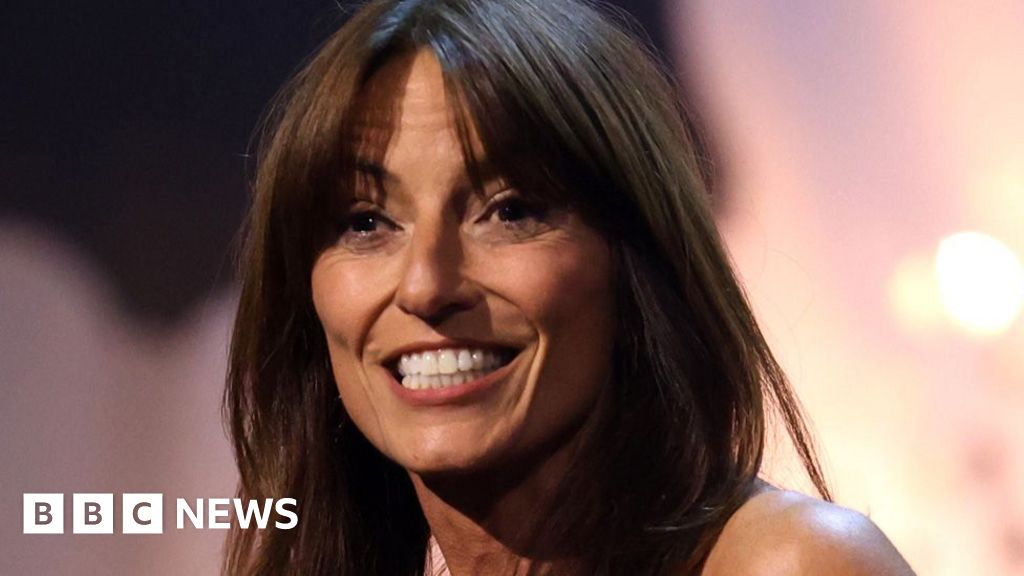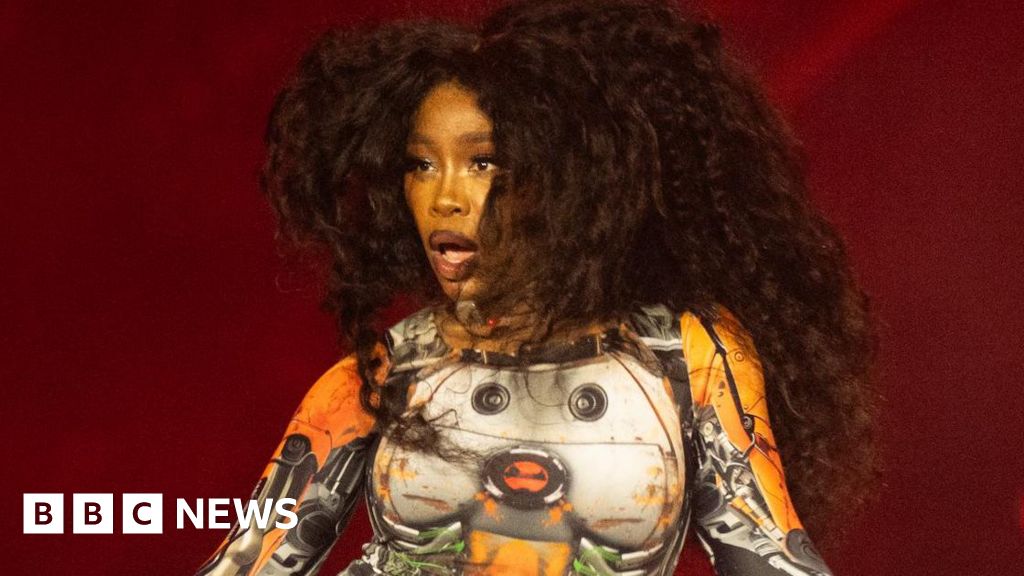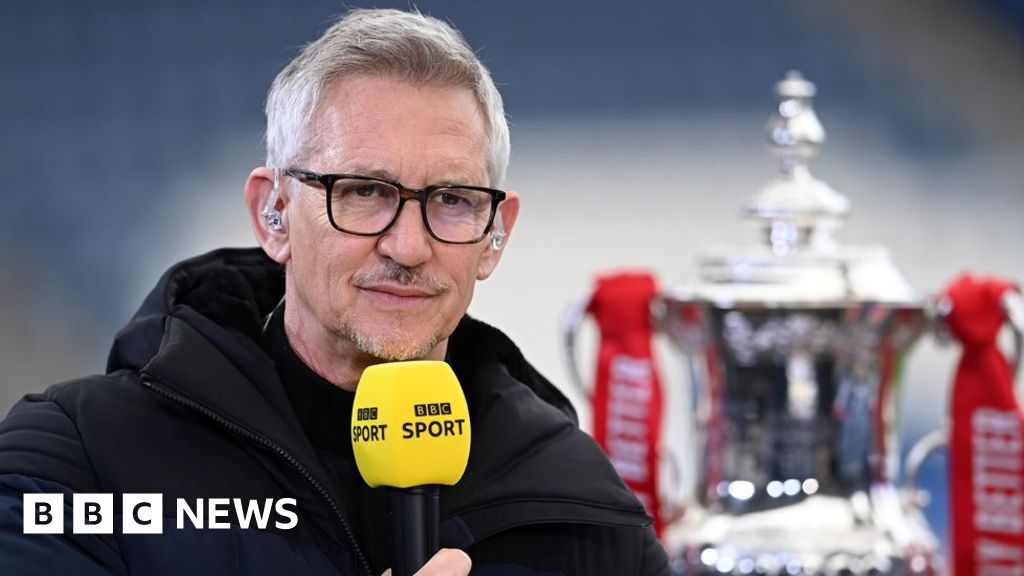ARTICLE AD BOX
Image source, Getty Images
Image caption,Nadine Dorries was appointed Culture Secretary in September
Culture Secretary Nadine Dorries has confirmed the BBC licence fee is to be frozen at £159 for two years.
Speaking in the House of Commons on Monday, Ms Dorries said the government could "not justify extra pressure on the wallets of hardworking households".
Following the two-year freeze, she said the fee will rise in line with inflation for the following four years.
Director-general Tim Davie said the freeze would mean "tougher choices which will impact licence fee payers".
The licence fee pays for TV, radio, the BBC website, podcasts, iPlayer and apps.
Its existence is guaranteed until at least 31 December 2027 by the BBC's royal charter, which sets out its funding and purpose.
Ms Dorries tweeted over the weekend that this announcement about the BBC licence fee will be the last - and it was time to discuss new ways to fund and sell "great British content".
She said "the days of the elderly being threatened with prison sentences and bailiffs knocking on doors" were over.
On Monday, Ms Dorries told parliament: "We need a BBC that is ready to meet the challenges of modern broadcasting.
The BBC newsroom is a familiar sight during the TV News bulletins
Before she spoke on Monday, the speaker of the House of Commons, Linsday Hoyle, reprimanded her for tweeting about the licence fee announcement before first addressing parliament.
"Any substantial policy developments should have been made to this house before they were made to the media," he said.
Lengthy negotiations have already taken place between BBC bosses and the government over a future funding settlement, with the idea of freezing the licence fee discussed back in October.
The annual fee is set by the government, which announced in 2016 that it would rise in line with inflation for five years from April 2017.
Previously, Ms Dorries, who was appointed culture secretary last September, said she thought the BBC should exist, but it needed to be able to take on competitors such as Netflix and Amazon Prime.
At the Conservative party conference in October, Ms Dorries said the broadcaster needed "real change" in order to represent the entire UK and accused it of "groupthink".
The BBC was "a beacon for the world", she said, but she thought people who had worked their way up had a similar background, a certain political bias and thought and talked the same.
The BBC produces shows including Strictly Come Dancing
Labour's shadow culture secretary Lucy Powell has accused the prime minister and Ms Dorries of seeming "hell-bent on attacking this great British institution because they don't like its journalism".
"British broadcasting and our creative industries are renowned around the world and should be at the heart of global Britain," she said.
Liberal Democrat culture spokesperson Jamie Stone has said freezing the licence fee would be a "stealth cut of almost £2bn" that would put services at risk. "The government must stop this reckless ideological crusade and back off our BBC," he added.
Licence fee payment
In 2020, people over 75 began paying for their TV licences, which they previously received for free.
Funding for this had come from the government, but responsibility for this policy was handed to the BBC after the last funding settlement.
In 2019, Prime Minister Boris Johnson said the BBC should "cough up" and pay for TV licences for all over-75s but the BBC said doing so would force "unprecedented closures" of services. Now, only over-75s on pension credit are eligible for a free licence, paid for by the BBC.
TV licence evasion itself is not an imprisonable offence. However, the government says non-payment of the fine, following a criminal conviction, could lead to a risk of imprisonment - "a last resort" after other methods of enforcement have failed.
Last year, the government decided not to move ahead with plans to decriminalise non-payment of the licence fee, but said it would "remain under active consideration".

 2 years ago
26
2 years ago
26








 English (US)
English (US)